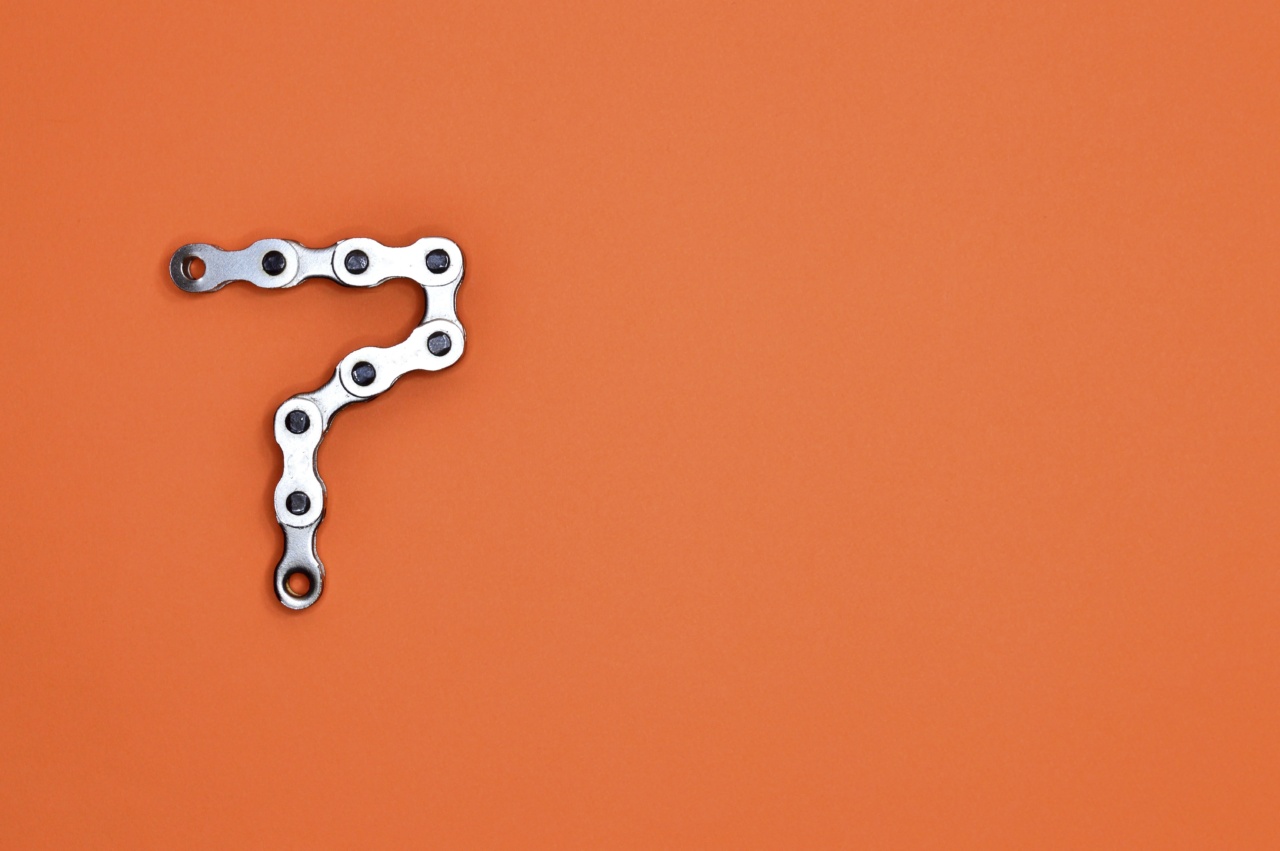Gastroesophageal Reflux Disease (GERD) is a chronic digestive disorder that occurs when stomach acid or, occasionally, bile flows back into your food pipe (esophagus).
The acid irritates the lining of your esophagus, causing symptoms like heartburn, chest pain, and difficulty swallowing. GERD is common, affecting millions of Americans. While the causes of GERD are not fully understood, there are several factors that contribute to its development. Here are the seven main contributors to GERD:.
1. Hiatal Hernia
A hiatal hernia occurs when part of your stomach bulges through your diaphragm and into your chest cavity.
This can weaken the lower esophageal sphincter (LES), a muscle that usually acts as a valve, allowing food to enter your stomach and keeping stomach acid from flowing back into your esophagus. When the LES is weak, it may allow stomach acid to flow back into your esophagus, causing GERD symptoms.
2. Obesity
Obesity puts extra pressure on your stomach and lower esophageal sphincter, which can weaken the muscle and allow stomach acid to flow back into your esophagus.
People who are overweight or obese are more likely to develop GERD, and losing weight can improve symptoms.
3. Smoking
Smoking weakens the lower esophageal sphincter and irritates the lining of your esophagus, making it more susceptible to damage from stomach acid. People who smoke are more likely to develop GERD, and quitting smoking can help improve symptoms.
4. Pregnancy
Pregnancy hormones can cause the lower esophageal sphincter to relax, allowing stomach acid to flow back into the esophagus. The growing uterus also puts pressure on the stomach, increasing the risk of GERD. Symptoms usually improve after delivery.
5. Certain Foods and Beverages
There are several foods and beverages that can trigger GERD symptoms, including:.
- Spicy foods
- Citrus fruits and juices
- Tomato products
- Chocolate
- Caffeinated beverages
- Alcohol
- Carbonated beverages
Avoiding these triggers can help improve symptoms.
6. Certain Medications
There are several medications that can weaken the lower esophageal sphincter and contribute to GERD symptoms, including:.
- Antihistamines
- Calcium channel blockers
- Nitrates
- Progestin
- Sedatives
- Tricyclic antidepressants
Talk to your healthcare provider if you think a medication you are taking may be contributing to your GERD symptoms.
7. Delayed Stomach Emptying
If your stomach takes longer than normal to empty, it can increase the risk of GERD. This can occur in people with certain medical conditions, such as diabetes, or as a result of certain medications.
Treatment may include medication to promote stomach emptying.
Overall, GERD can have multiple causes and is often the result of a combination of factors. If you are experiencing GERD symptoms, talk to your healthcare provider about possible treatments and lifestyle changes that can help improve your symptoms.




























